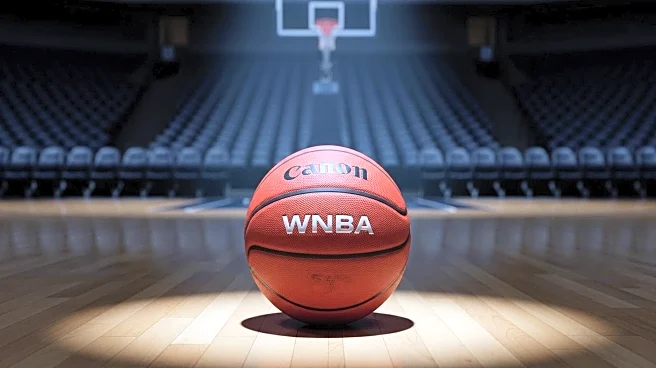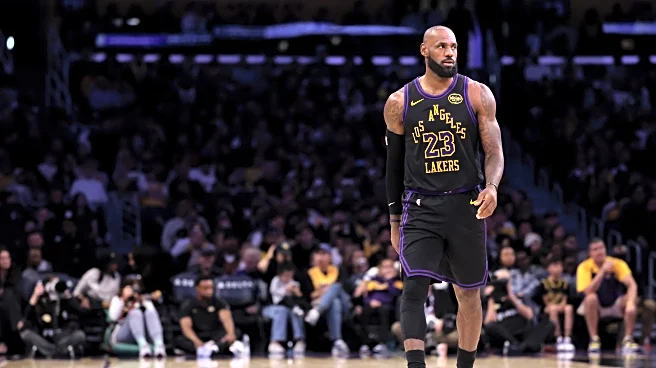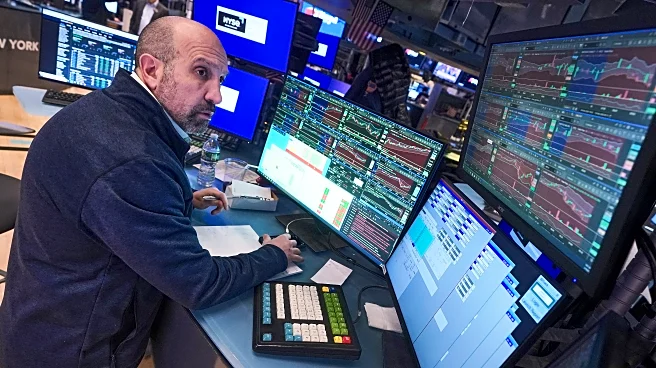What's Happening?
The WNBA has imposed a $15,000 fine on Minnesota Lynx head coach Cheryl Reeve following her ejection during Game 3 of the semifinals against the Phoenix Mercury. Reeve's outburst was triggered by a non-foul call after Napheesa Collier was injured during a play. Reeve confronted officials, was ejected, and reportedly directed profanity at the Phoenix crowd. Her postgame comments called for a change in league leadership regarding officiating, labeling the officiating crew as 'malpractice.' Additionally, Lynx assistant coaches Eric Thibault and Rebekkah Brunson were fined $500 each for their involvement. The fines extended beyond Minnesota, with Las Vegas Aces head coach Becky Hammon and Indiana Fever head coach Stephanie White fined $1,000 each for supporting Reeve's stance.
Why It's Important?
This incident highlights ongoing concerns about officiating standards in the WNBA, with multiple coaches expressing dissatisfaction. The fines and suspensions underscore the league's stance on maintaining decorum and accountability among its coaches. The situation has sparked broader discussions about the need for improved officiating and leadership within the league. The fines also reflect the league's efforts to uphold its rules and manage dissent among its ranks, which could influence future interactions between coaches and officials.
What's Next?
The Lynx's season ended with a Game 4 loss, but the repercussions of Reeve's comments may lead to further scrutiny of officiating practices in the WNBA. Coaches and teams may push for reforms or discussions on officiating standards. The league's response to these calls for change could impact its reputation and relationships with teams and coaches. Stakeholders may seek dialogue with league officials to address these concerns and potentially implement changes.
Beyond the Headlines
The incident raises questions about the balance between maintaining league integrity and addressing legitimate concerns from coaches. The fines could be seen as a deterrent against public criticism, but they also highlight the need for transparency and accountability in officiating. The situation may prompt discussions on how the league can better support its teams and coaches while ensuring fair play and officiating standards.











